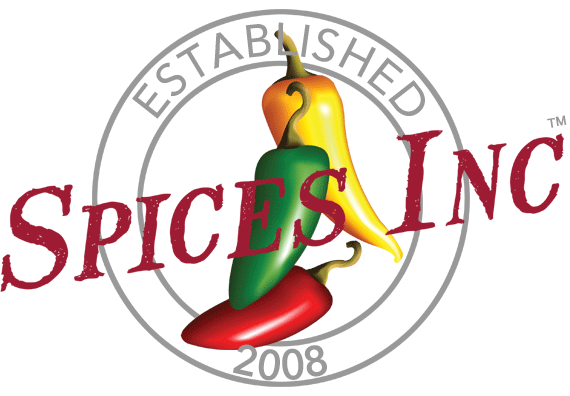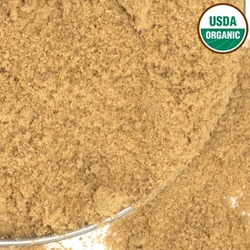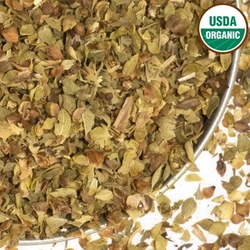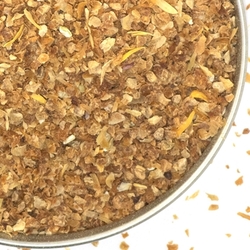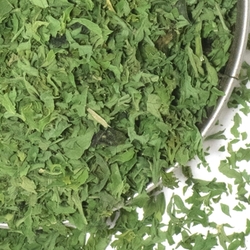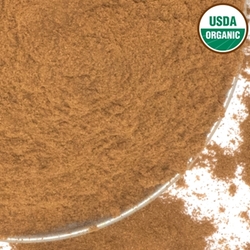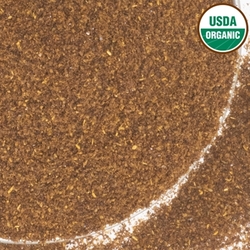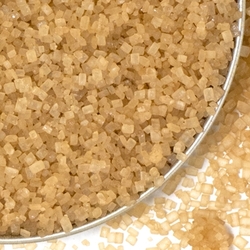Smart Sugar and Salt Substitutions

In the name of searching out healthier food alternatives, people are always trying to insist that they need to eat less salt or less sugar. While we certainly have a bit of a sugar and sodium problem here in the United States, they are necessary parts of the diet that just like everything else need only be consumed in careful moderation.
Sugar Substitutions
Oftentimes when you look for sugar substitutes online, you will find that you encounter a list of "substitutes" that are simply different forms of sugar, or artificial sweeteners that aren't necessarily much better for you. That doesn't really help anyone, because substituting sugar for a different kind of sugar doesn't really change how sugary the recipe is. Instead, reach for substitutes that aren't going to compromise the recipe but will instead change the flavor profile, so you don't need to taste or use as much sugar as a flavor enhancer. This won't work for everything but can work on some things.
-
Cinnamon is a great sugar substitute where sugar would be used as a garnish or a finishing touch. Think muffins with crunchy sugar on top, or a bowl of oatmeal that you might generously coat with some refined sugar. Replace these with a dusting of cinnamon and enjoy. You won't miss the sugar with the warm sweetness you'll gain from the cinnamon.
-
Allspice performs in a similar fashion. It is good when used in place of decorative sugar or for a mild sweetness to recipes that you may use sugar for. Sauces, soups, or glazes all come to mind.
-
Ginger is perfect in place of sugar for fruit heavy recipes. Ginger is zingy and warm, giving any dish that may already be loaded with natural fruit sugars a more complex flavor profile. Try this in place of refined sugars in baked good recipes, like in fruit tarts or in danishes.
-
Now, for a sugar substitute that is just another type of sugar, we do recommend you stick to a sugar that is not extremely refined. Demarara sugar is that kind of sugar. It is a sugar produced from the first crystallization of the sugar cane juice and it is relatively unrefined, retaining all the trace minerals of the sugar cane juice and a beautiful caramel coloring. This sugar is also more complex in flavor than refined white sugar, and can add some real depth to your recipes, whether it is a chocolate cake or a homemade barbecue sauce.
Despite providing you with some good sugar substitutes, it would be irresponsible of us to not mention that no matter how much sugar you substitute with your own hand, you should still pay attention to the amount of sugar you are eating in prepackaged goods. Even potato chips have sugar in them, believe it or not! Be sure to read any nutrition labels you can get your hands on when you are shopping at the grocery store and make informed choices about how much sugar you are putting into your body. As a note, not all types of sugars are listed on a nutrition label, they typically lump all sweeteners together under "sugar," so you may be consuming artificial sweeteners even if you are trying to avoid them.
Salt Substitutes
Salt substitutes are where we truly shine, as we have an enormous selection of salt free seasonings for all your salt alternative needs. Americans are getting way too much salt in their diet, especially when they are eating out at restaurants, so it is important to learn more about cooking at home and how to control our sodium intake at home. Most of the excess salt we get comes from eating out often and eating lots of quick, highly processed grocery store foods. By selecting fresh ingredients and learning to adjust your taste buds to love flavors that aren't overloaded with salt, you can incorporate salt substitutes that you may even grow to favor the flavor of instead of salt.
-
Cinnamon was the first on our sugar list, and it'll be the first on our salt list as well! Similar to how it applies to being a sugar substitute, cinnamon is only a good salt substitute if you are okay with using it as a finishing touch. Acknowledge that your savory dish will have a little bit of sweetness to it and experiment with flavors to see if you can use cinnamon as a salt replacement. Try it in place of salt on French fries or on vegetables! It won't have the same effect on vegetables as salt would, but it's a different yet pleasant change of flavor.
-
Lemon is an incredible salt substitute. It brightens flavors and brings out the good in other flavors while downplaying bitterness or unpleasantness, just as salt would. Often times, people who are looking to substitute salt directly will reach for lemon because it performs very similarly to salt in cooking.
-
Basil is sweet and peppery, and can be used in place of salt in a variety of recipes, particularly those from a Mediterranean cuisine. It works nicely as a garnish for salads and as an ingredient in pizza sauces in place of salt.
-
Oregano is warm and aromatic, lending its savory flavor quite nicely to dishes that usually have a lot of salt in them. Herbs in general are great salt substitutes because they add that flavor enhancement through their brightness, while contributing the illusion of more salinity through their more earthy undertones. It's great with vegetables and even as a salt substitute on some meat-based dishes.
-
Parsley is a less intense herb that you can use in place of salt. It does well to complement other flavors, it never overwhelms the dish. Use parsley in place of salt in potato dishes, omelets, on soft cheeses, and in homemade dressings.
Salt, like sugar, is often in foods we wouldn't suspect. Remember to examine nutrition labels for sodium content too, as you want to get as little added sodium as possible. Eating fresh foods will automatically cut out some of the sodium from your diet, as canned and pre-made foods are often loaded with salt as a preservative and flavor enhancer. As with all things, enjoy sodium in moderation and swap it out for other flavors or seasonings whenever you can.
